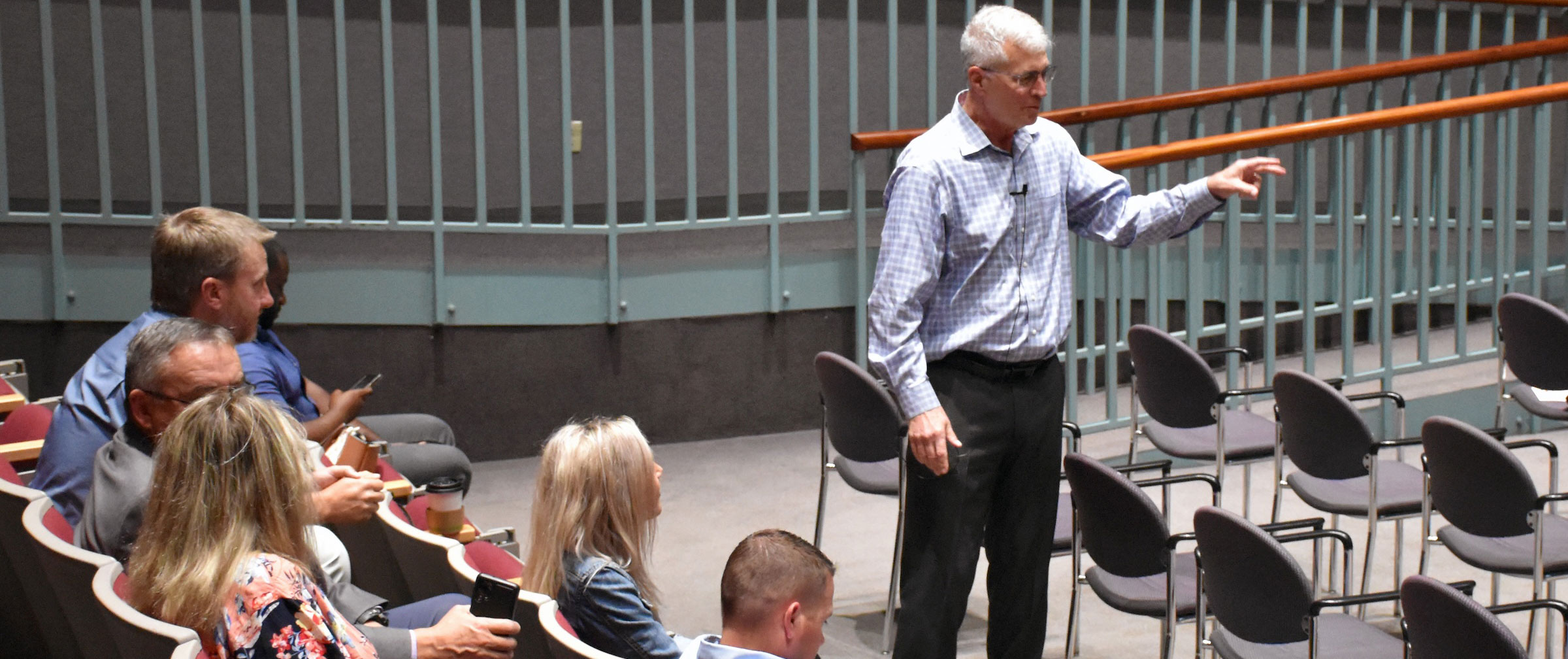I was talking to a CMO the other day and she mentioned to me that if only there were not so many distractions in the course of a day she would be able to get much more work done. She said that these distractions, many of them of questionable merit, kept getting in the way of her “important” tasks. She was spending an inordinate amount of time putting out random fires or squeaky wheels, perhaps at the expense of time that more appropriately could have been devoted to the more executive and strategic aspects of the job.
This problem is not exclusive to Chief Medical Officers. I have heard this many times before at all levels of management. Distractions are a major cause of decreased efficiency and job dissatisfaction…. and they always seem to come at the most inconvenient. One takes little solace in the reality that one of the most time-consuming components in any job description are the “other duties as assigned!”.
Daily distractions will always occur. No day can be completely predictable, especially for an executive. Here are some pointers to better manage the day that take into consideration the inevitability of distractions, but also help you better manage them and hopefully allow you to use the time that you have more effectively:
1. As much as possible, allow a portion of your daily schedule for “open” time. This is the administrative equivalent to having “care needed today” clinical appointments. It is always a good idea as a manager to have some type of “open door policy”, but this must be managed. The down side is the more time you leave as open the longer the routine appointment times can become. One has to strike a happy medium between availability and allowing time for unforeseen events and not letting your appointment schedule go too far out. Ideally, to have approximately 30 minutes to an hour each day as open time works is ideal. At first this may sound excessive, but if well managed, it might even save you time. And there is always something to fill any unused time, not the least of which is personal “mental health” time.
2. Keep a list of “5 minute” tasks. These are tasks such as quick follow up calls, email responses, etc., that only take a few minutes to do, but you cannot be done immediately. Invariably a few free minutes arise unexpectedly throughout the day that give you the opportunity to make those follow ups. I typically keep this list on an index card and cross them off as I get them done. Believe it or not, over time this allows you to get a lot of the small things accomplished in time that otherwise would have been wasted.
3. Develop criteria with your administrative assistant for prioritization. That person’s job is to “protect” your schedule. Just because someone wants to see you, it does not necessarily make it a high priority for you. Your administrative assistant is the first interface with potential appointments. Have frank discussions about your personal priorities and allow the administrative assistant to run cover for you.
4. Learn to say “No”. Sometimes it is simply not possible to see someone within the time frame that they demand…. or even if that time were available, that issue may not rise to the priority level for your immediate attention. Sometimes the best option is to politely say “No” and arrange a follow up.
5. Regularly review your priority initiatives. Are you devoting the appropriate amount of time to the issues that are of greatest importance? Take time to do an inventory of your day. How much time was spent on the important things and how much time was spent on putting out the fires that could have been handled later? This exercise is sometimes depressing, but it can also be illuminating as to how you are managing your schedule and what changes you should consider.
One can never eliminate the distractions and interruptions. However, if you institute some of the above suggestions into your daily schedule, you will find that you will maximize the time that you have and better prioritize that time to the important issues. And at the same time, you will also maximize the time that is available to you for the inevitable random issues. As you become more successful, stress levels will also decline and you will feel that you accomplished more in your day…. and just maybe that might result in spending less time with these issues after work!




